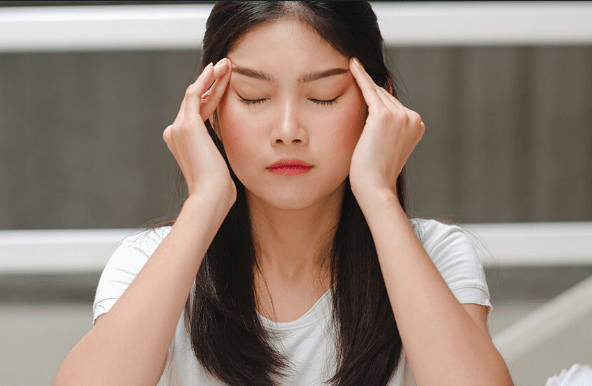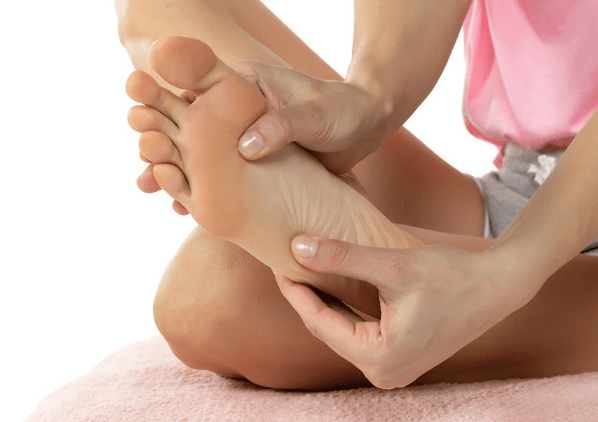Curious about acupressure side effects? Learn the potential risks, safety tips, and when to consult a professional in this comprehensive guide. Here we will let you know about the side effects of Acupressure. Are they mild or risky? We will learn all about this in detail.
What Is Acupressure?
Acupressure is an ancient healing technique rooted in Traditional Chinese Medicine (TCM). It involves applying gentle pressure to specific points on the body, called acupoints, to stimulate energy flow (Qi) and promote natural healing.
While it’s widely praised for its benefits—like pain relief, stress reduction, and improved circulation—many people still wonder:
👉 Does acupressure have side effects?
The short answer is yes, but they are generally mild and rare. Let’s dive into what you need to know to stay safe.
Are There Any Side Effects of Acupressure?
✅ Most Common Side Effects:
- Temporary Soreness or Bruising
After a session, you might feel mild soreness or see small bruises at pressure points. This is usually short-lived and should resolve within a day or two. - Fatigue or Drowsiness
Because acupressure promotes relaxation and circulatory changes, some people feel sleepy or tired afterward—this is a sign that their bodies are responding. - Emotional Release
It’s not uncommon to feel emotional during or after treatment, especially if you’re holding onto stress. Crying or feeling overwhelmed can be part of the healing process. - Lightheadedness or Dizziness
You may feel lightheaded, especially if you’re dehydrated or standing too quickly after a session. Rest and hydration usually help.
Rare but Possible Side Effects to Be Aware Of
- Nausea or Upset Stomach
Particularly when stimulating points related to digestion, some people report queasiness. Try eating lightly before your session. - Increased Sensitivity or Tingling
Nerve stimulation may lead to tingling or a heightened sensitivity in certain areas. If discomfort persists, stop and consult a professional. - Worsening of Symptoms (Before Relief)
Like other holistic therapies, acupressure can occasionally cause a “healing crisis,” where symptoms temporarily worsen before improving.
Who Should Be Cautious with Acupressure?
While acupressure is generally safe, certain individuals should proceed with caution:
- Pregnant Women: Some pressure points can trigger uterine contractions. Avoid unless guided by a certified practitioner.
- People with Bleeding Disorders or Taking Blood Thinners: There’s a small risk of bruising or internal bleeding.
- Those with Severe Osteoporosis: Extra care is needed around fragile bones and joints.
- Individuals with Open Wounds or Infections: Avoid pressure on affected areas.
Always consult a healthcare provider before beginning any new therapy—especially if you have pre-existing conditions.
Also Read:
- 5 Effective Acupressure Points For High BP (Blood Pressure)
- Top 10 Benefits of Acupressure Therapy: A Natural Healing Technique
Tips for Safe Practice

- Start Gently: Apply light pressure for 1–2 minutes and observe your body’s response.
- Stay Hydrated: Drink water before and after your session to help flush toxins.
- Listen to Your Body: If something hurts or feels wrong, stop immediately.
- Use Proper Technique: If unsure, seek guidance from a licensed acupressure practitioner or therapist.
When to See a Professional
If you’re experiencing persistent pain, dizziness, or other concerning symptoms after acupressure, it’s time to consult a qualified health professional. Acupressure is complementary, not a replacement for medical care.
Final Thoughts
Acupressure is a powerful, natural method of healing with very few side effects when practiced correctly. Most people experience relief, not risk, from this time-tested technique.
That said, being informed about potential side effects of acupressure—and how to prevent them—can help you get the most out of your acupressure journey.
Ready to try acupressure safely?
Explore our guided tutorials, tips, and expert advice on natural wellness. 🌿




